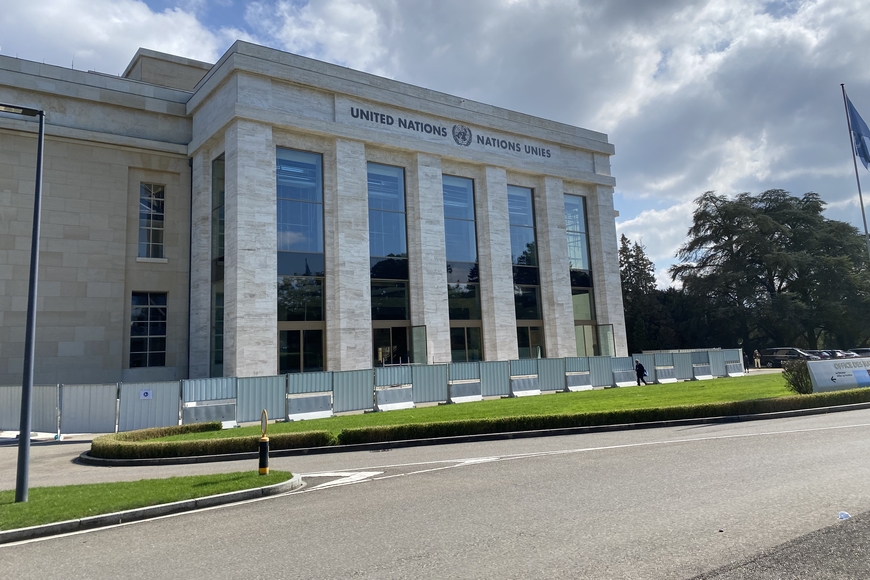Protection Networks for Human Rights Defenders
Around the world, civic space is shrinking, contributing to risks and persecution faced by Human Rights Defenders (HRDs). This includes new types of security threats as well as concerns about the wellbeing of Defenders. For many HRDs, working in a crisis is a chronic situation. Defenders may experience multiple forms of stress, including pressing workloads, threats, and attacks to their physical security, economic instability, invasion of privacy, and social stigma.
Protection Networks (PNs) are collaborative groups of actors working together to provide support, recognition, personal security, and solidarity for HRDs. They serve to strengthen non-violent advocacy and self-protection capacities for HRDs and to raise awareness of the work of Defenders. Protection Networks are a particular type of transnational advocacy network bound together by shared values, a common discourse and frequent exchanges of information.
Working with Civil Society, the Human Rights Program has undertaken research to help understand the effectiveness of Protection Networks as strategies for ensuring guarantees of the rights and freedoms of HRDs.
The Role of Protection Networks in Promoting Civic Space for Human Rights Defenders
Master of Human Rights students, Veronica Cadavid Gonzalez, Bassel El Mrawed, Samantha Flax and Brenda Urueta, conducted an extensive literature review and qualitative and case study approach to explore the activities and challenges of PNs and to bring to light suggested best practices for the construction and maintenance of PNs that are engaged in protecting HRDs. The resulting report The Role of Protection Networks in Promoting Civic Space for Human Rights Defenders was presented to the Civic Space Division of the Office of the High Commissioner for Human Rights to help inform their work in this area.
Human Rights Defenders within the Movement for Black Liberation
In addition to the work described above, MHR students Ta'Mara Hill and Nonkululeko Shongwe, undertook to interview advocates and allies within the Movement for Black Liberation in the United States to learn more about the security and wellbeing of these Human Rights Defenders.
The security risks associated with this activism were described to include ongoing mental trauma, physical threats from the police or private persons, hacking, and other cyber security threats. The steps that groups and individuals take to minimize risks included engaging in cybersecurity training or using consultants, utilizing safe spaces to allow members to take time to recuperate from trauma. Many interviewees said that they had not taken any steps to minimize risks.
The Human Rights Program submitted the transcripts (confidential) as well as a Memo to the Office of the United Nations High Commissioner for Human Rights in response to a request for input on “Promotion and protection of the human rights and fundamental freedoms of Africans and of people of African descent against excessive use of force and other human rights violations by law enforcement officers”. These transcripts were used to inform the final report on this issue.
